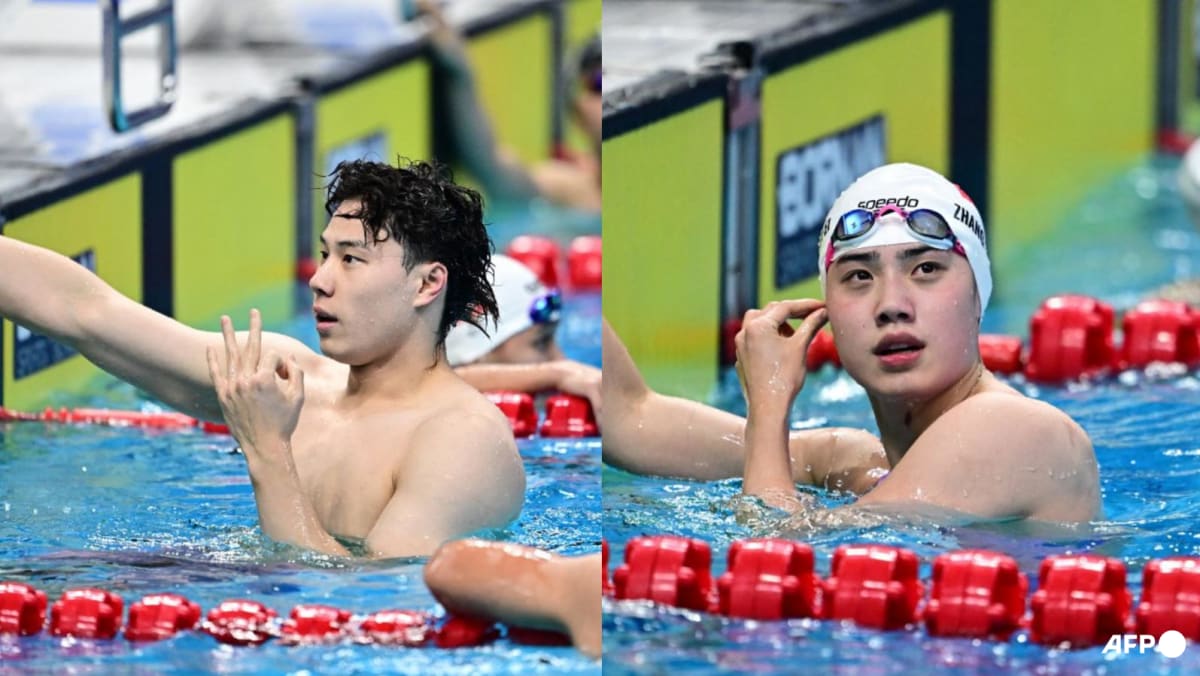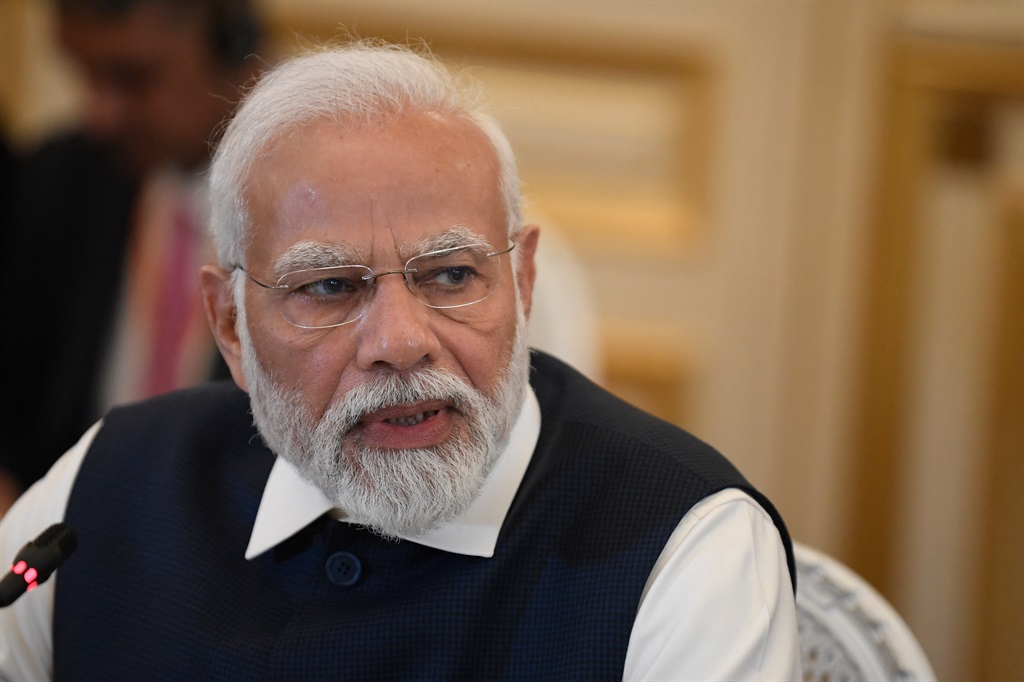Topping the list was Qin Haiyang. The world record holder for the 200m breaststroke was tested a total of 46 times. Sprint freestyle and butterfly specialist Zhang Yufei was second with 43 tests.
In fact, the data shows that the top 26 most tested swimmers last year were overwhelmingly Chinese nationals. Hong Kong Olympic medallist Siobhan Haughey was the sole non-mainland Chinese swimmer, with a total of 17 tests to rank 24th.
Making the list after them at 27th place was American swimmer Robert Finke with 16 tests in 2023.
South China Morning Post (SCMP) reported on Jul 16 that Chinese swimmers have been targeted twice as much as their rivals for drug testing in the run-up to the Paris Olympics, citing World Aquatics.
While swimmers “from specific nations” were expected to be tested four times between Jan 1 and the opening of the Paris Olympics on Jul 26, China’s would be “tested no less than eight times”, according to officials from the global governing body as reported by SCMP.
The claims by Mr Yu have caused an online stir in China, with netizens leaving indignant comments underneath Phoenix Television’s post on Weibo.
“Why didn’t (they) complain? Don’t athletes deserve rest?” reads one comment that garnered 2,400 likes.
“(Try) complaining, and see what happened to Sun Yang,” reads another top comment, referring to the Chinese swimmer and three-time Olympic champion.
Sun was handed an eight-year competition ban in 2020 by the World Anti-Doping Agency (WADA) for smashing vials of blood during a 2018 doping test. This punishment was later reduced to four years.
The hashtag, “Chinese swimming team subjected to nearly 200 anti-doping tests in 10 days”, was also a hot topic on Weibo, with some Chinese netizens pointing fingers at Chinese sporting officials for not protecting the athletes.
SWIMMING IN CONTROVERSY
The latest development comes after a Chinese swimming doping scandal emerged earlier this year.
The sporting world was hit with revelations in April that 23 Chinese swimmers consumed a banned drug ahead of the last Olympic Games in 2021 – and were allowed to compete anyway.
The athletes tested positive for a prescription heart drug, trimetazidine (TMZ) – which can enhance performance – at a domestic meet in late 2020 and in the early days of 2021.
WADA was notified in June 2021 that Chinese anti-doping authorities had accepted that the swimmers had tested positive for TMZ after “inadvertently being exposed to the substance through contamination”.
The anti-doping governing body ultimately concluded that that it was “not in a position to disprove the possibility that contamination was the source of TMZ”.
Last week, a World Aquatics audit into the case showed no mismanagement or cover-up by WADA.
Reuters reported that Swiss prosecutor Eric Cottier, who conducted an independent investigation into WADA’s handling of the case, also determined all protocols were followed without favouritism.
“The report concludes that there was no irregularity, mismanagement or cover‐up by FINA (as World Aquatics was known at the time) in its review of the TMZ case or in its decision not to appeal the CHINADA decisions in that case,” said the World Aquatics review.
“The process and procedure followed by FINA in 2021 was in accordance with both the operating procedures of FINA at that time, generally accepted operating procedures of other International Federations, and its obligations under the World Anti‐Doping Code.”
#doping #tests #days #Chinas #swim #team #staff #cries #foul #increased #testing #beforeParisOlympics







